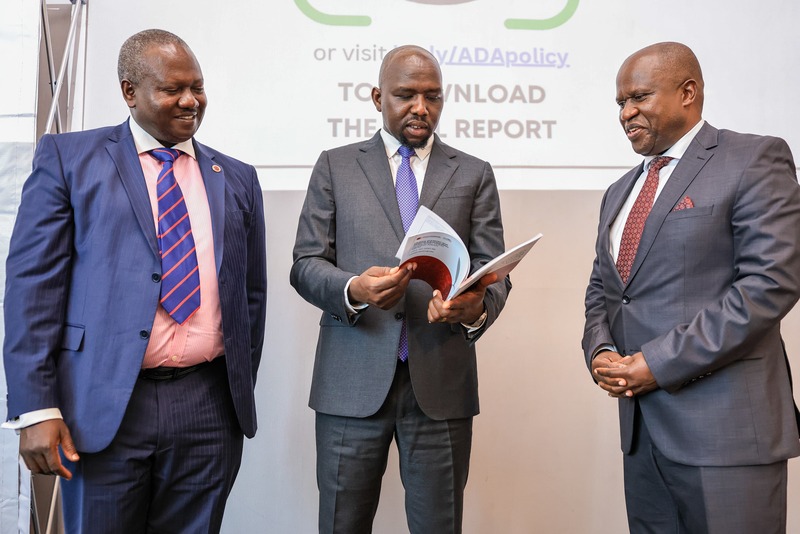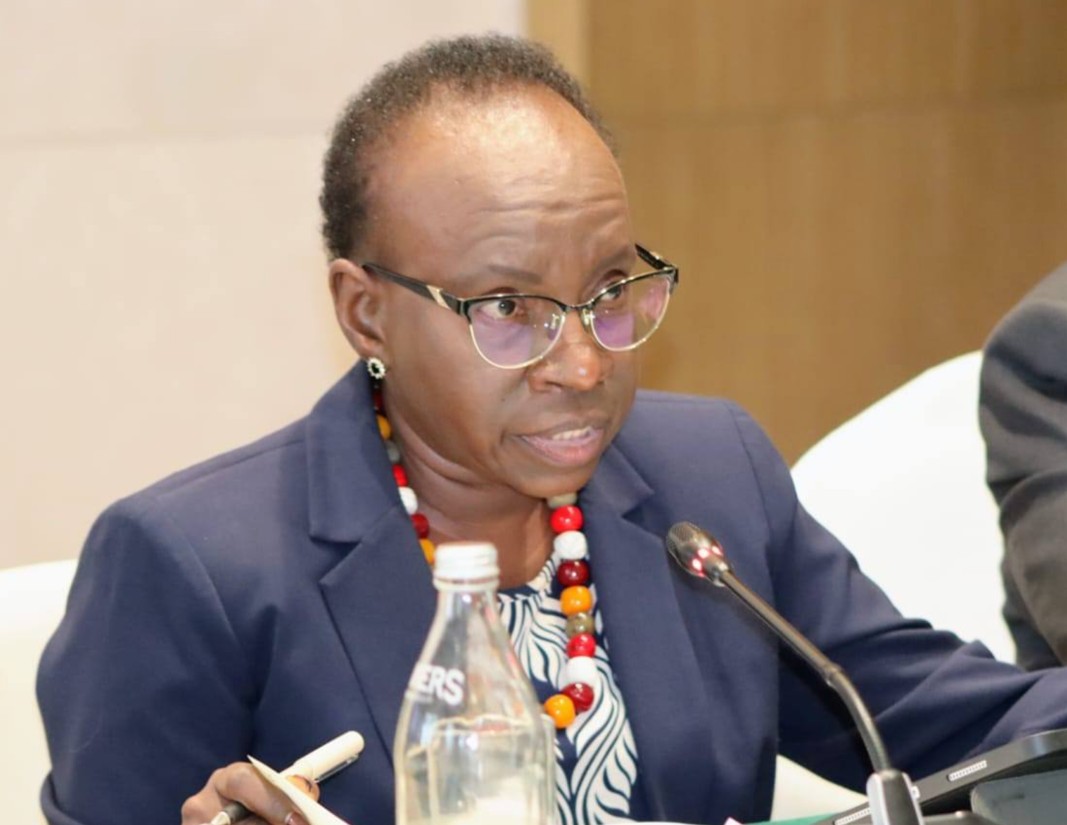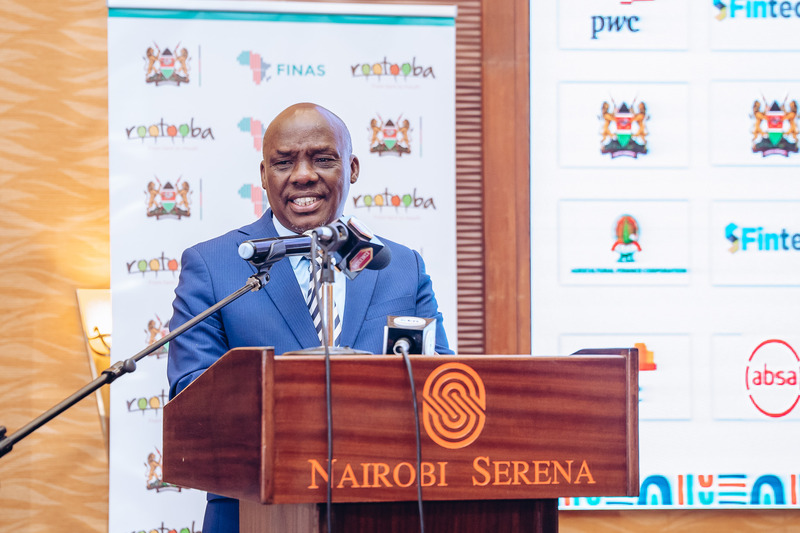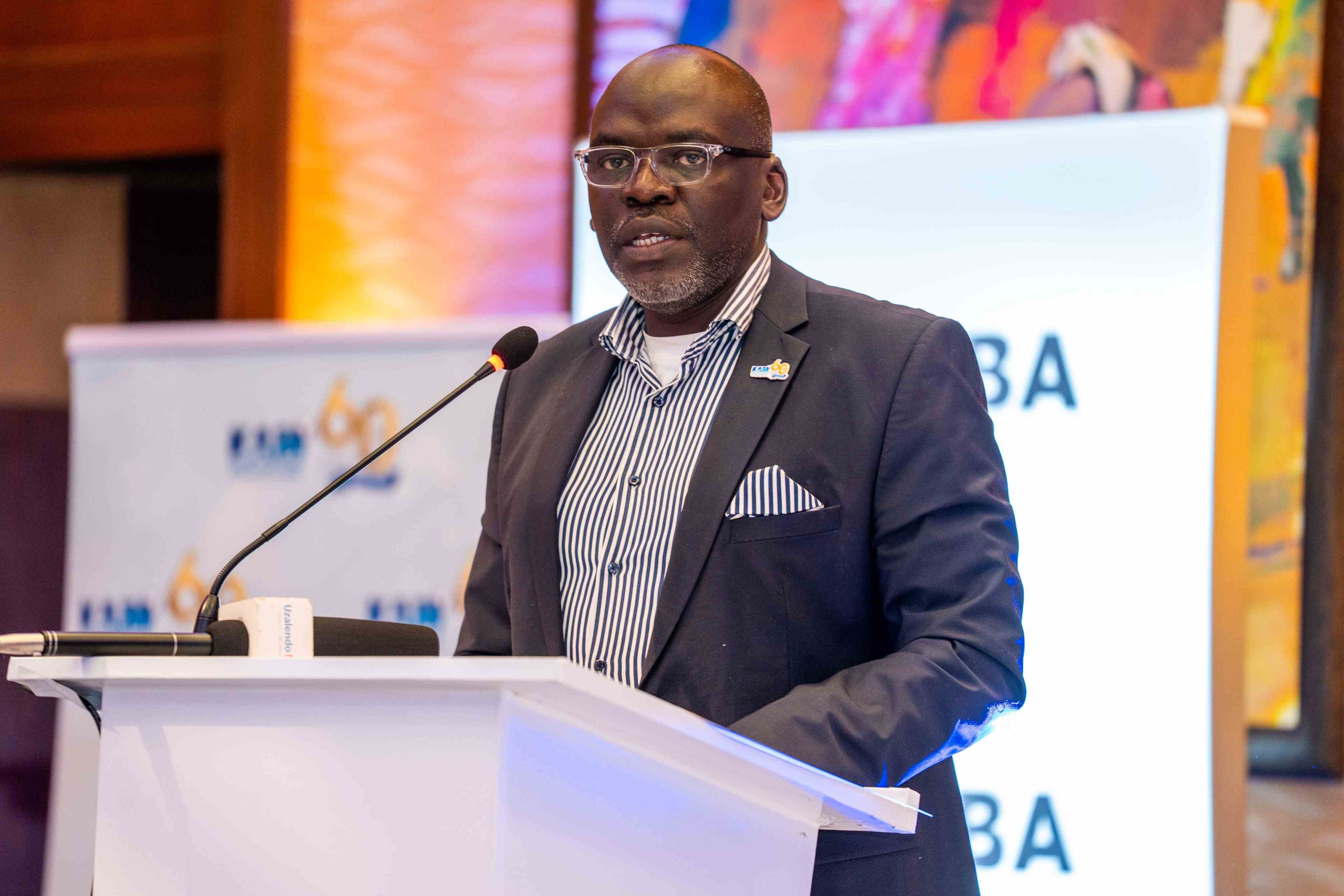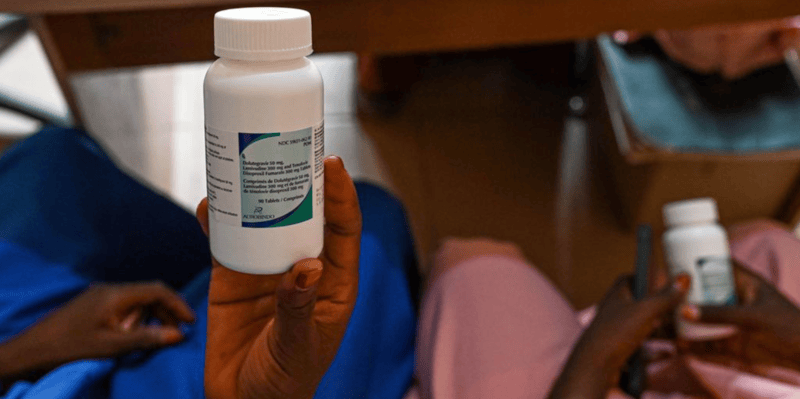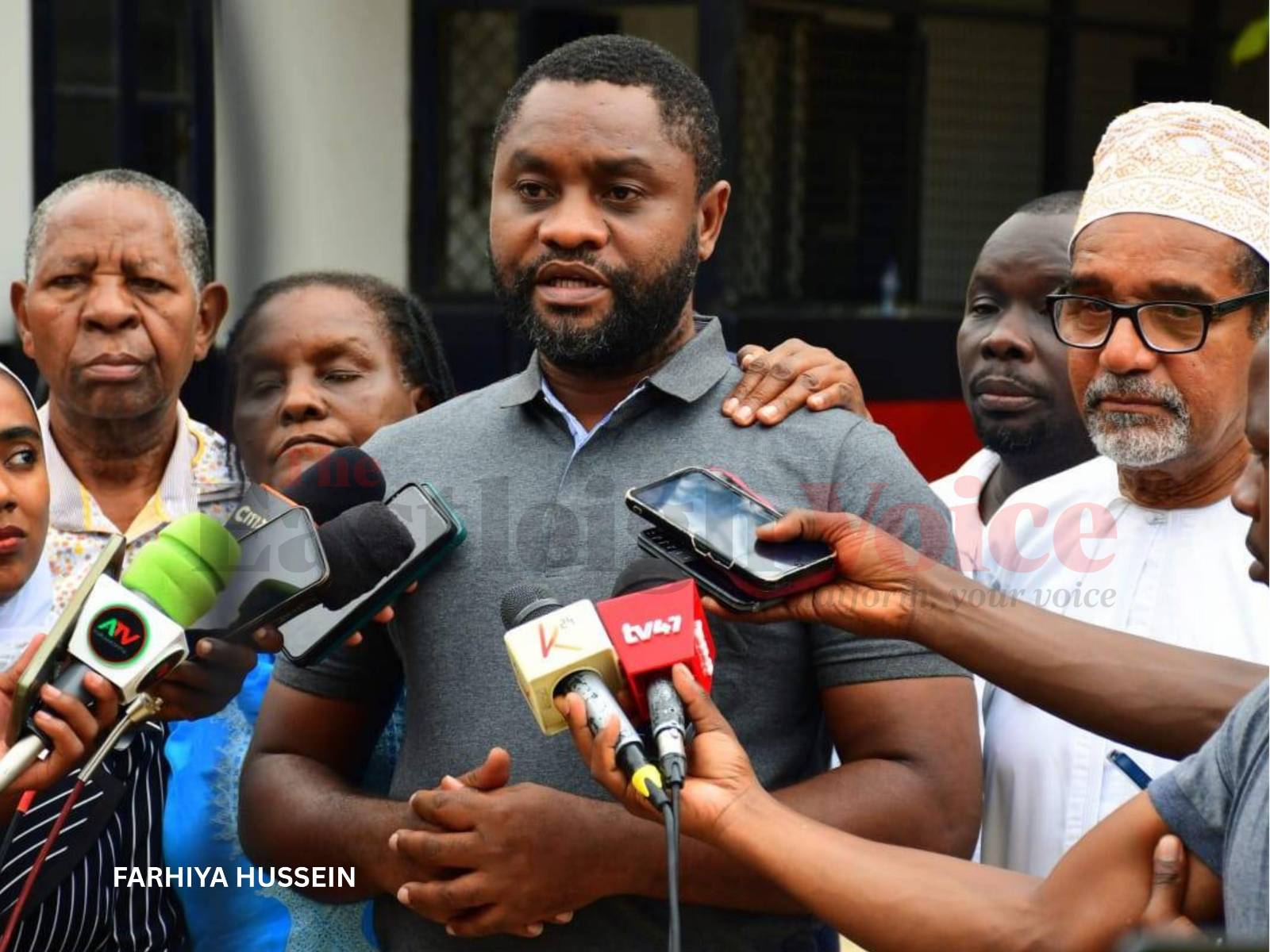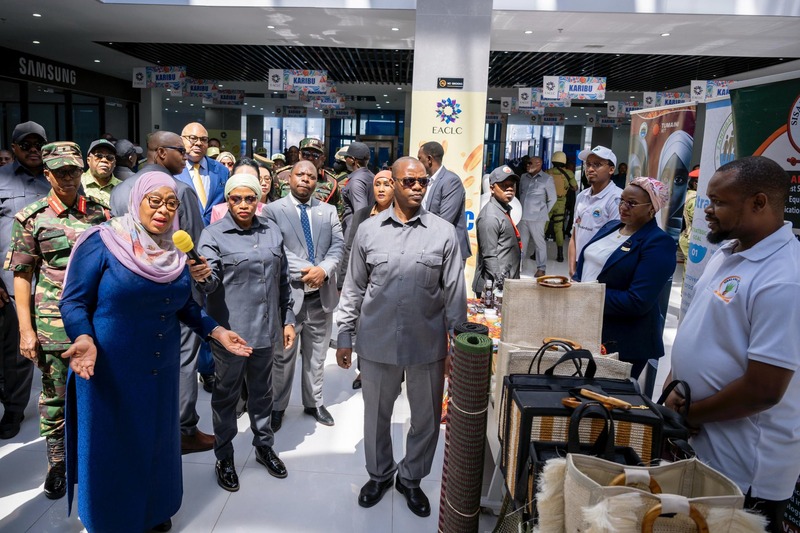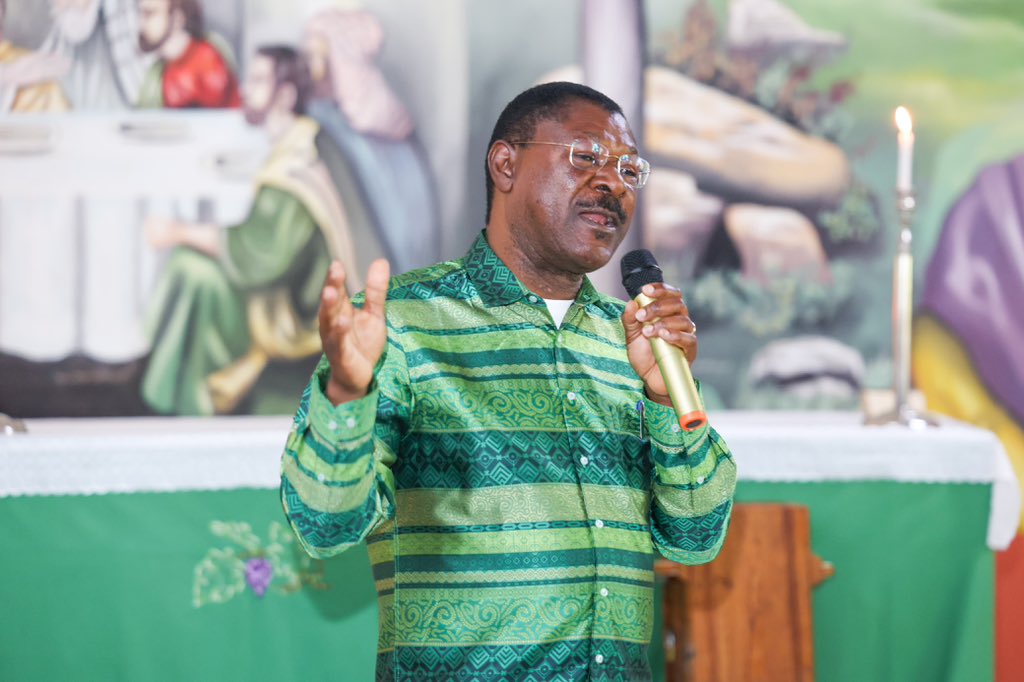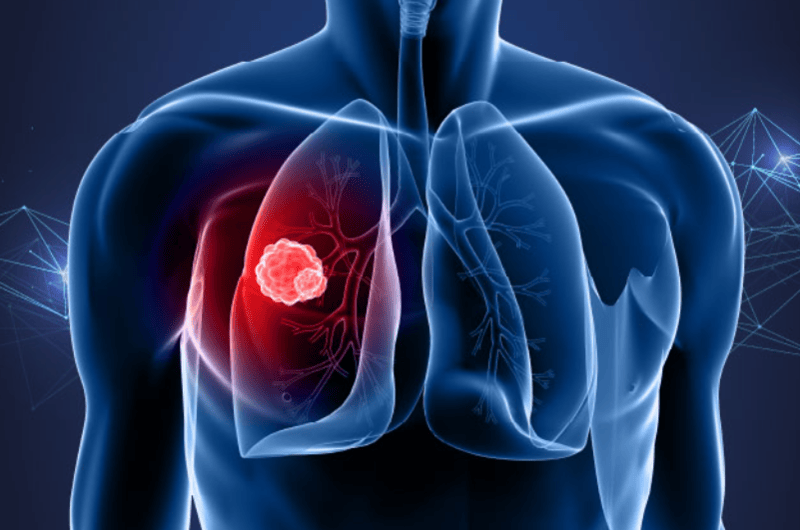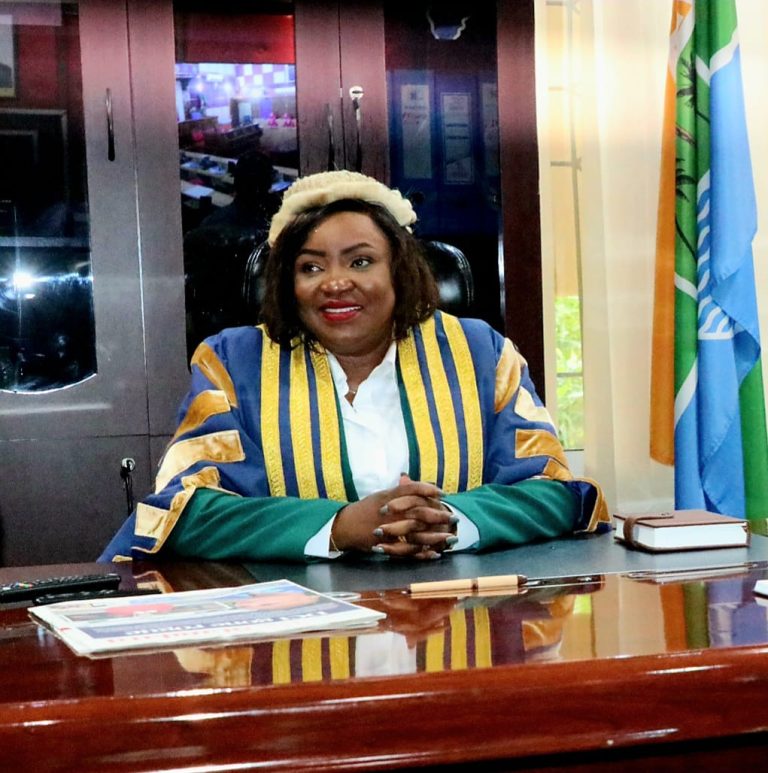Explainer: Who are the striking UHC workers, and why are they protesting?
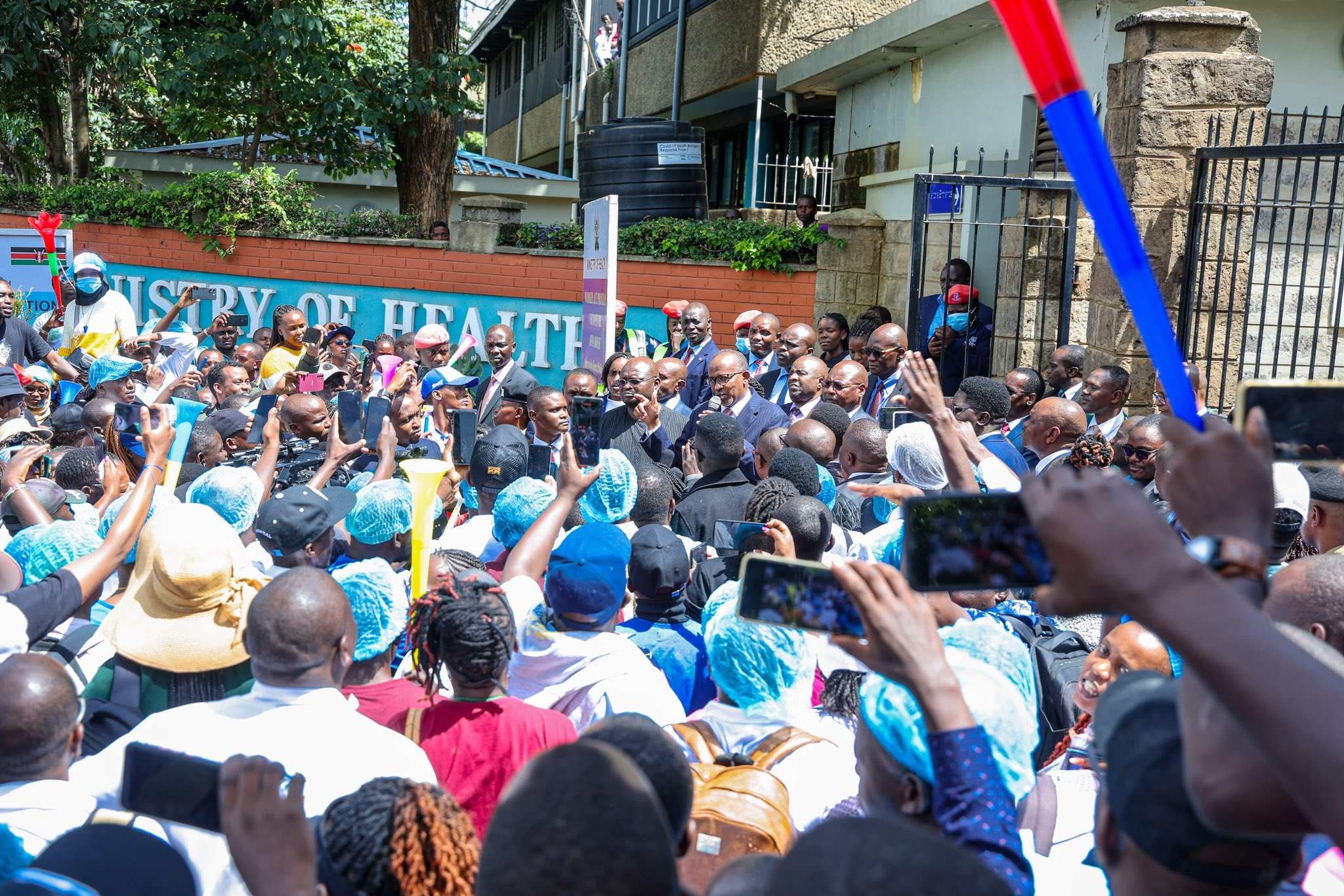
Though hired on contractual terms, they were assured that their positions would be converted to permanent and pensionable roles after a set period.
In Kenya, a wave of strikes by healthcare workers employed under the Universal Health Coverage (UHC) programme has brought public health services to a standstill in several counties.
These workers were initially recruited between 2019 and 2020 as part of the country’s broader effort to roll out the UHC programme, aimed at expanding access to essential health services by deploying additional staff, especially in underserved rural and peri-urban areas.
More To Read
- Private hospitals protest delayed SHA claims, say most facilities in distress
- Ministry of Health revokes 306 nursing internships, cites ineligibility
- Cabinet approves Bill to combat healthcare malpractice, enhance patient safety
- Senators slam SHA over "punitive" full-year contribution rule, cite constitutional violations
- How misconceptions are undermining breastfeeding efforts in Kenya
- Mombasa County moves to elevate Coast General to Level 6 status amid major upgrades
The workers include nurses, clinical officers, public health officers, laboratory technicians, community health assistants, and various support staff such as ambulance drivers and clerks. Though hired on contractual terms, they were assured that their positions would be converted to permanent and pensionable roles after a set period.
During the COVID-19 pandemic, these UHC workers were at the frontlines—conducting community testing, contact tracing, running isolation and quarantine centres, and helping to administer vaccinations. They also ensured that regular health services such as maternal care, immunisation, and treatment of chronic diseases continued despite lockdowns and staff shortages. While permanent staff were stretched thin, UHC workers filled critical gaps and maintained the continuity of care in both urban and rural public facilities.
Unfulfilled promises
Yet despite their service, the promises made to them remain largely unfulfilled. Many of these workers have gone for months without pay. Their contracts have either expired or been extended repeatedly without job security. The transition from contract to permanent employment has been mired in confusion, with national and county governments blaming each other for delays in absorbing the workers into permanent roles. As a result, thousands of UHC staff remain in limbo—underpaid, unprotected, and demoralised.
They were also promised access to health insurance under the National Hospital Insurance Fund (NHIF), pensions, and training opportunities. In practice, most have received none of these. They lack risk allowances, professional development pathways, and legal protections typically granted to public servants. This neglect is particularly galling considering the central role they played during the pandemic.
Through their strikes, the UHC health workers are demanding fair treatment, citing unequal pay, lack of job security, and exclusion from benefits compared to their permanent colleagues. Despite playing a vital role during the COVID-19 pandemic, they feel their efforts have gone unrecognised. Key concerns include the non-payment of their five-year gratuity, unremitted NSSF contributions, and being ignored by both the Ministry of Health and Parliament despite repeated petitions.
The UHC workers shared on their X handle that 8,571 UHC staff, currently deployed across 47 counties under the Ministry of Health (MOH_Kenya), have been earning only 50 per cent of their salaries compared to their permanent counterparts, while also being subjected to all civil deductions over the past five years. These workers played a crucial role in supporting the country during the COVID-19 pandemic, yet their efforts and sacrifices remain unrecognised in terms of fair compensation. Some of their colleagues have even succumbed to death
In a renewed standoff over long-standing employment grievances, UHC staff have rejected the government’s plan to transfer their payroll to county governments starting July 1, and vow to continue with their ongoing strike. Health Cabinet Secretary Aden Duale announced the shift, assuring that counties would receive funding to maintain the current stipend structure and that Sh7.7 billion had been allocated to support the transition into permanent and pensionable (PnP) terms. He also noted that gratuity payments would be addressed after the handover.
However, the workers have firmly opposed the move, stating they would not accept being shifted to counties under what they called “stipend arrangements” without guarantees on job security, gratuity payments, and permanent employment. They insisted that any transition must align with the Salaries and Remuneration Commission (SRC) standards.
Blind eye
Frustrated by repeated delays and unfulfilled promises, the medics accused the Ministry of Health and Parliament of turning a blind eye to their petitions. Many of them, having served on contract for five years, emphasised that their gratuity is long overdue
Muthomi Njuki, Chair of the Council of Governors' Health Committee, raised concerns about the current situation of UHC staff, noting that while they are paid by the Ministry of Health, they are supervised by county governments, creating confusion and inconsistencies in their management. He emphasised that county authorities have raised alarms about UHC staff not being paid according to the Salaries and Remuneration Commission (SRC) guidelines, which has led to significant pay disparities. For example, UHC nurses are reportedly being paid like interns, despite performing full professional duties.
"The worker are simply asking for a fair start to their careers. Some are earning only a quarter of what their permanent counterparts are paid, which is deeply unjust. We must address this inequality by ensuring that they receive fair compensation and recognition for their critical roles.”
Workers and their supporters are calling for the Ministry of Health to formally release the UHC staff to county governments and to allocate adequate resources to ensure that fair compensation is guaranteed. These workers are demanding to be treated with the dignity they deserve, insisting they be paid fairly for the essential services they provide to the nation.
Peterson Wachira, the Chairperson of the Kenya Union of Clinical Officers, voiced concern on his X (formerly Twitter) handle over the Ministry of Health’s decision to transfer the payroll of Universal Health Coverage (UHC) staff to county governments. Addressing Health Cabinet Secretary Aden Duale, Principal Secretary Mary Muthoni, and Council of Governors Health Chair Muthomi Njuki, Wachira emphasised that the plight of UHC workers remains unresolved and that the proposed payroll transition must not proceed without critical safeguards in place.
Payroll transfer
He noted that UHC workers are deeply uneasy about the planned payroll transfer, especially since it comes without harmonising salaries in line with the Salaries and Remuneration Commission (SRC) policies and respective career guidelines, and with no definitive timeline for gratuity payments.
Supporting a similar stance by Governor Muthomi Njuki, Wachira stressed the importance of resolving these issues before the transition:
"I agree with the Chairperson of the Standing Committee on Health at the Council of Governors, H.E. Muthomi Njuki, that the salaries should be harmonised before the transfer of payroll to counties, as well as the payment of gratuity."
He further stated that the matter remains unsettled and requires comprehensive, inclusive dialogue involving all relevant unions.
“UHC staff have endured unfavourable terms for the past five years,” he added. “It is time to end the discrimination as a matter of urgency and in appreciation of their indispensable services to our nation.”
Wachira made a call for leadership, expressing confidence in senior health officials to resolve the issue fairly and ensure that UHC staff are not left at a disadvantage.
“I believe that CS Aden Duale, PS Mary Muthoni, and DG Patrick Amoth have the necessary capacity to bring this dispute to an amicable conclusion that doesn't push UHC staff to the losing side.”
Top Stories Today
